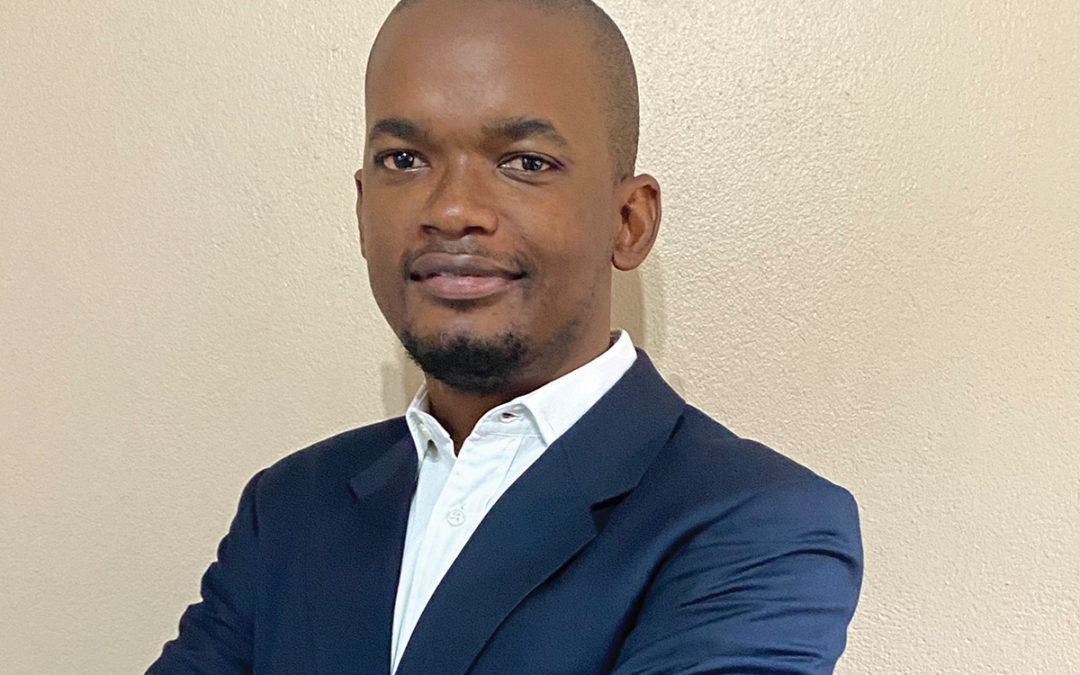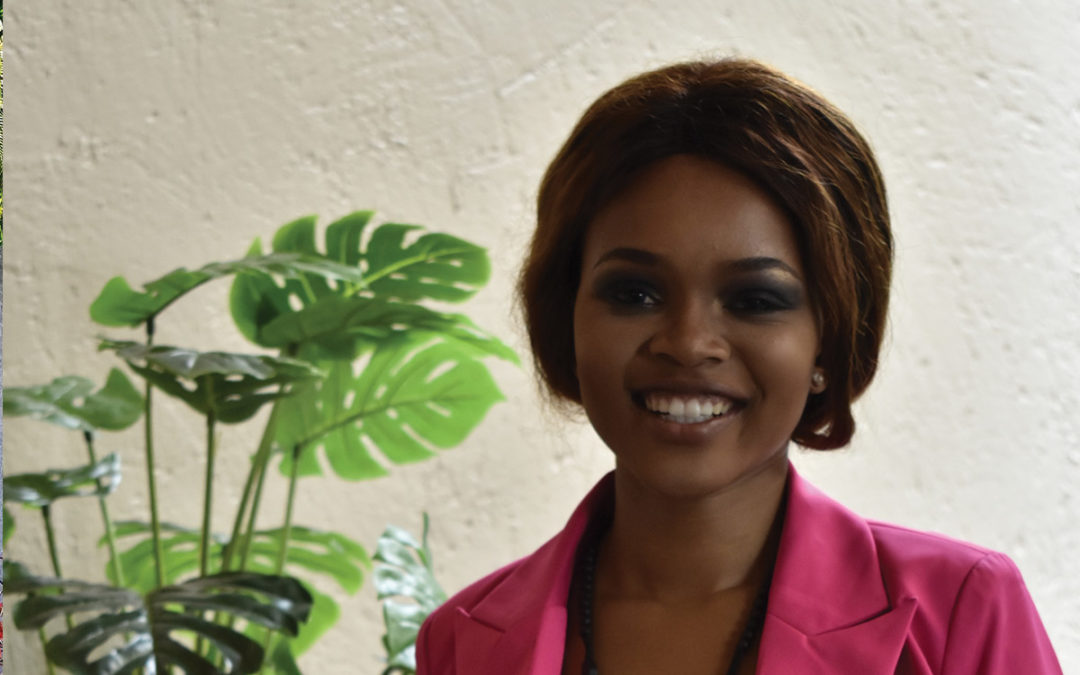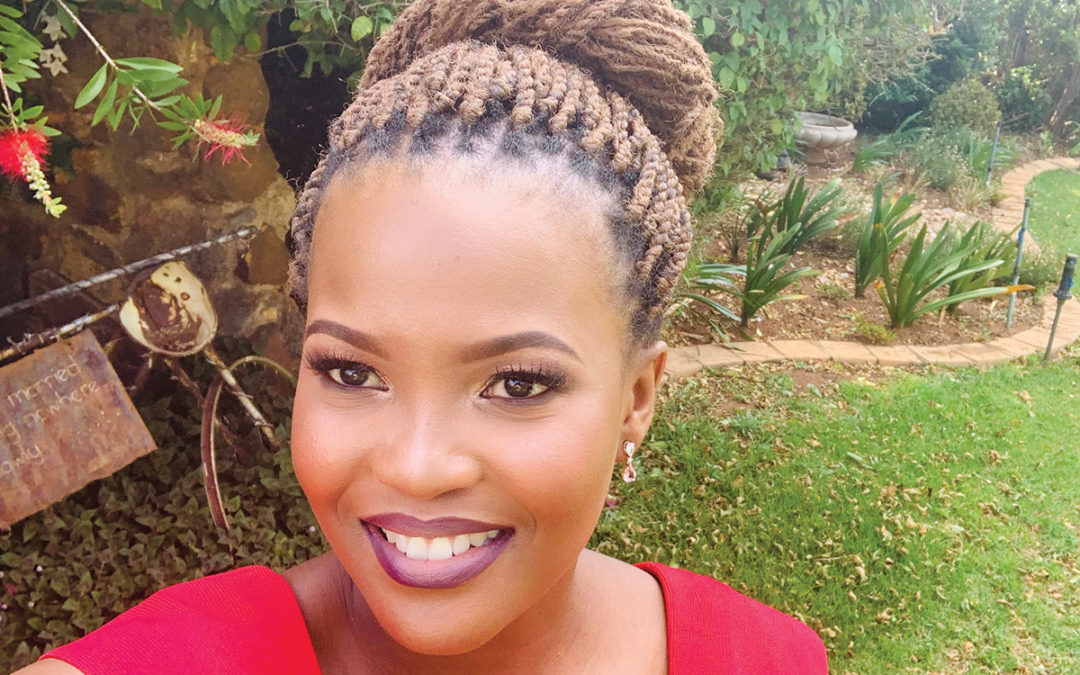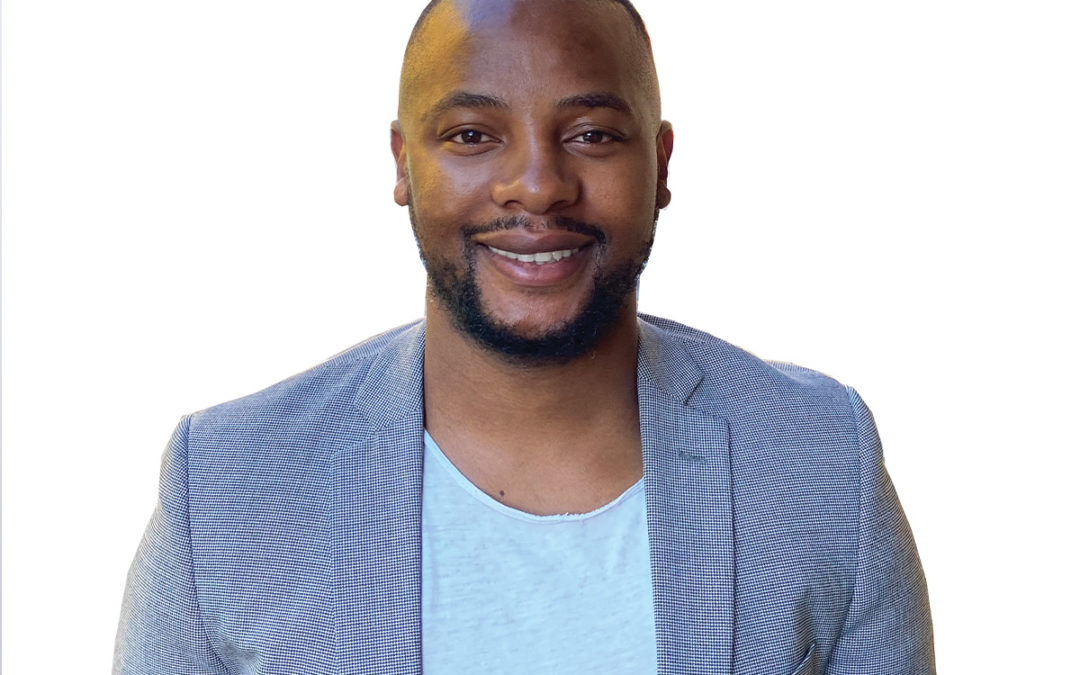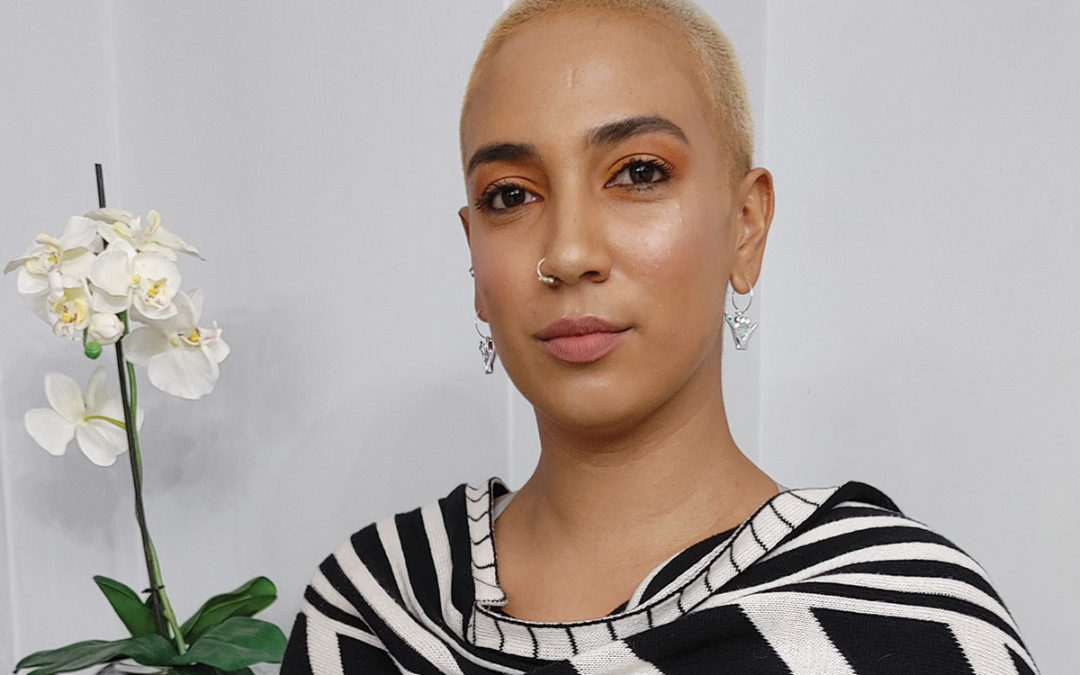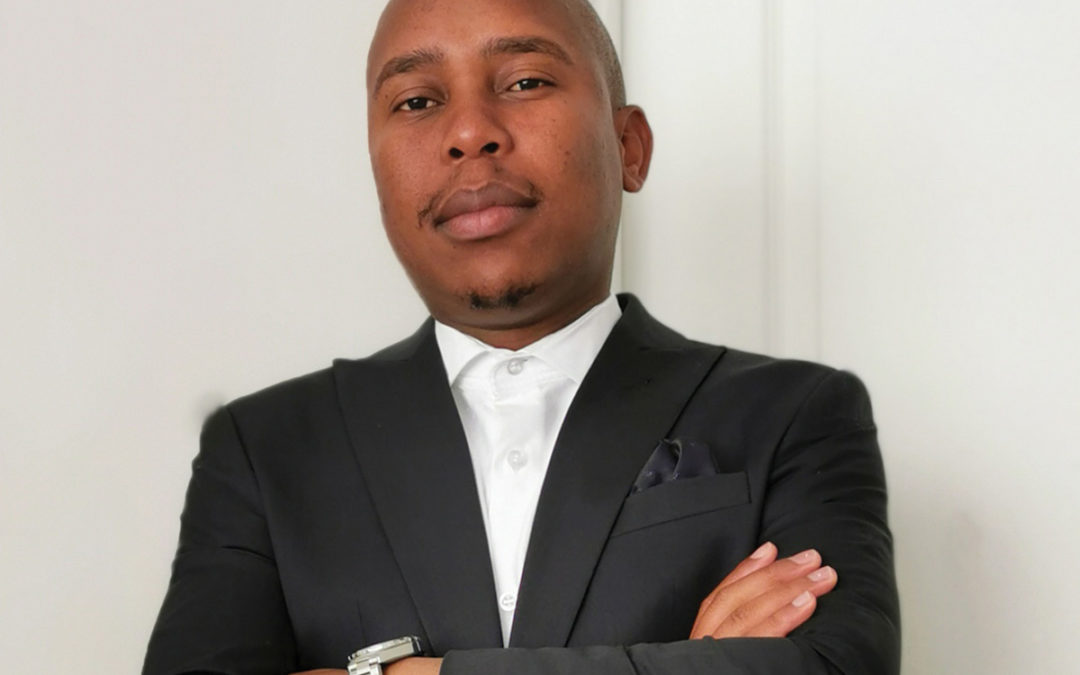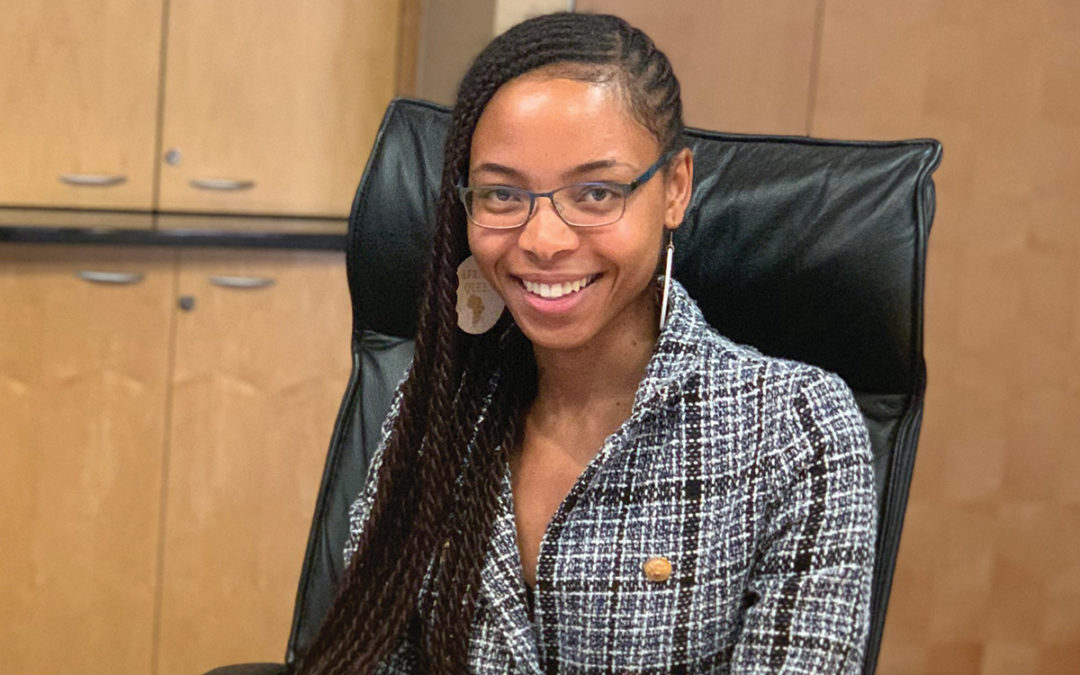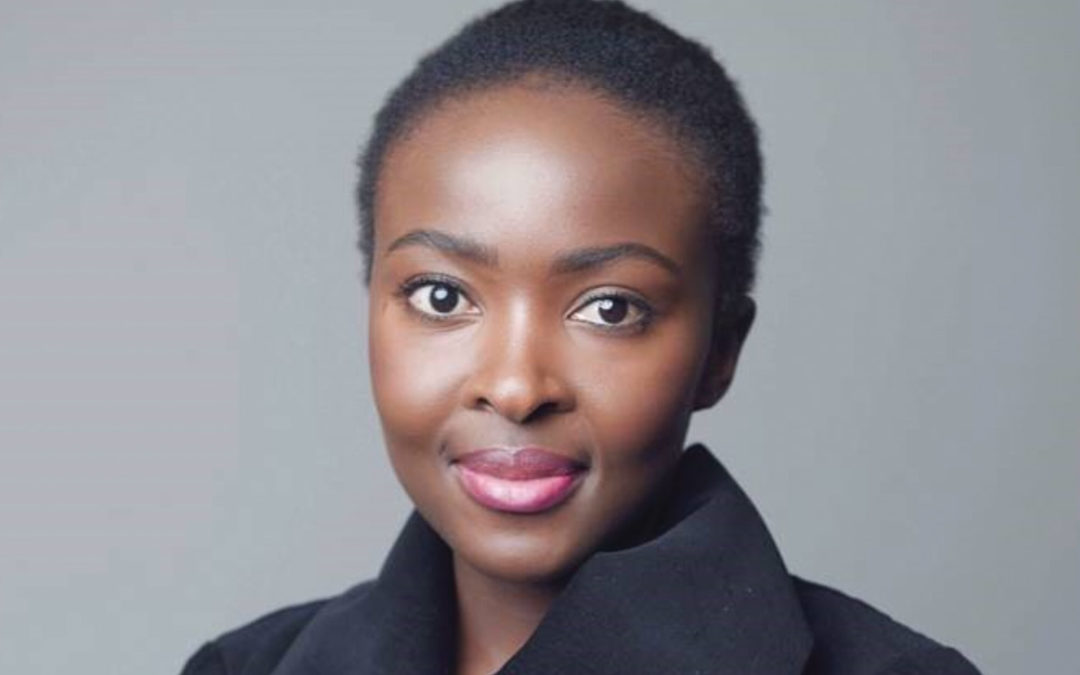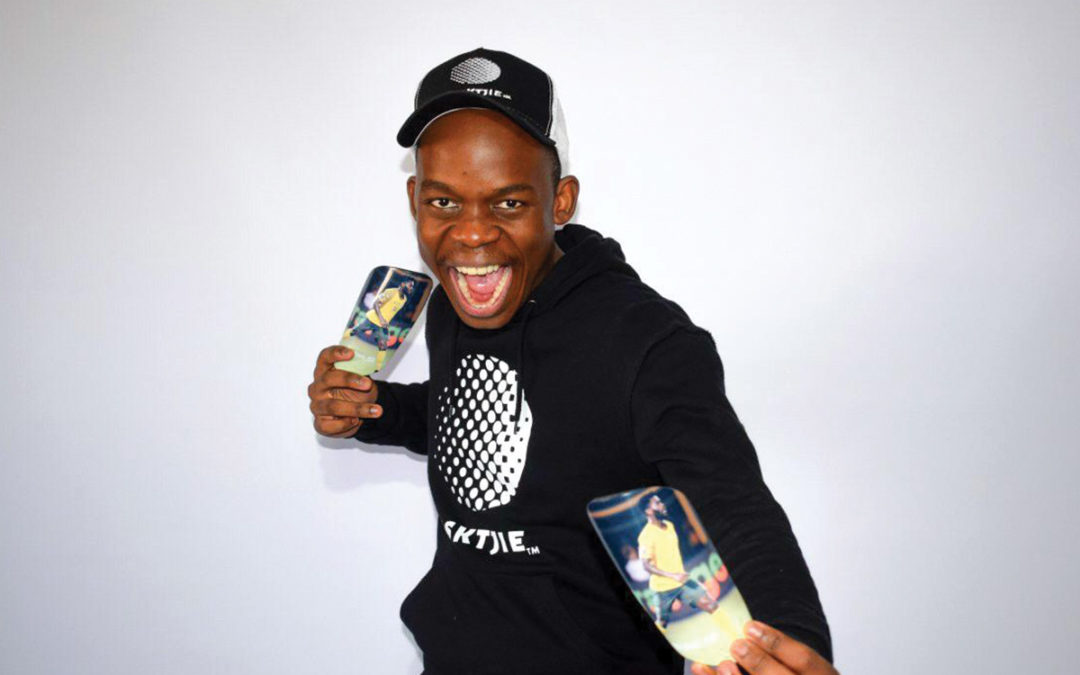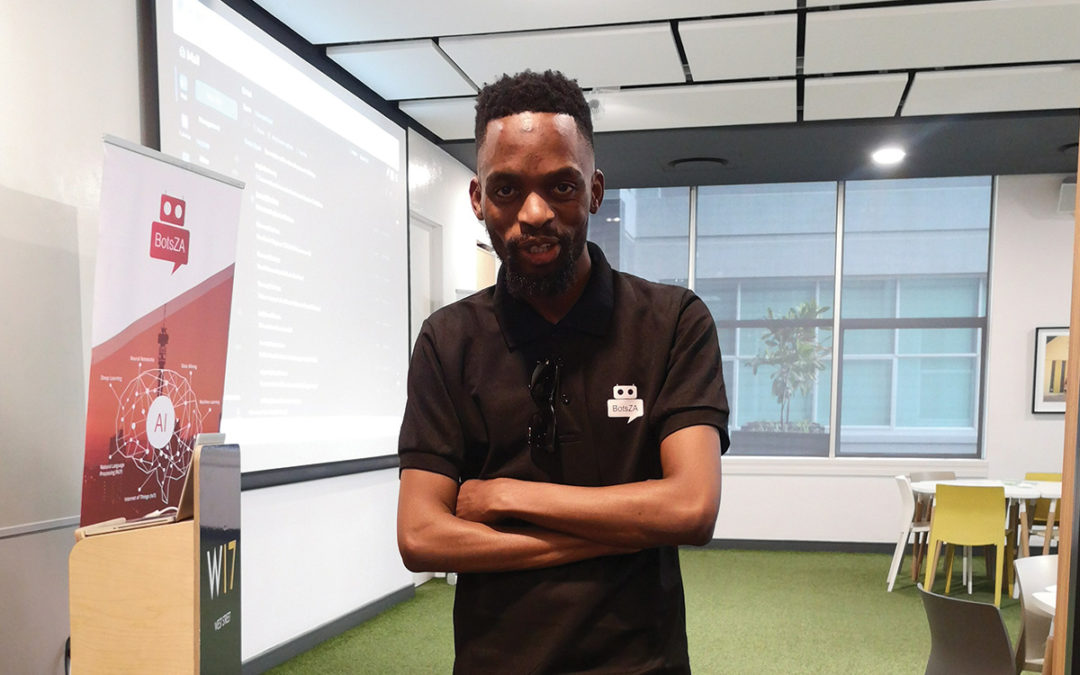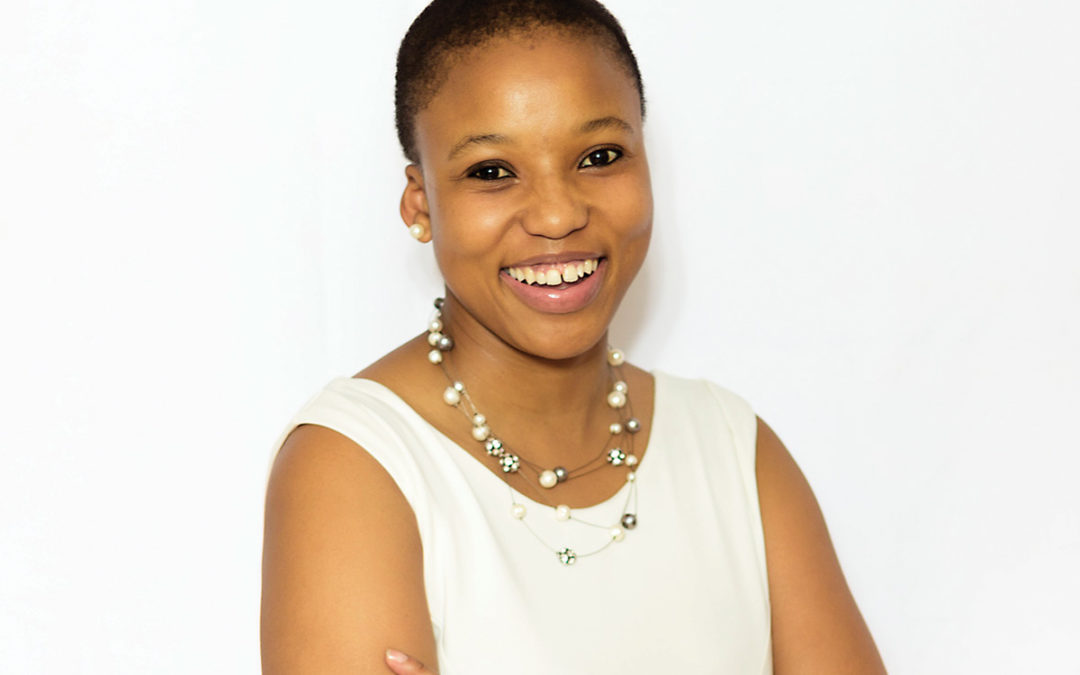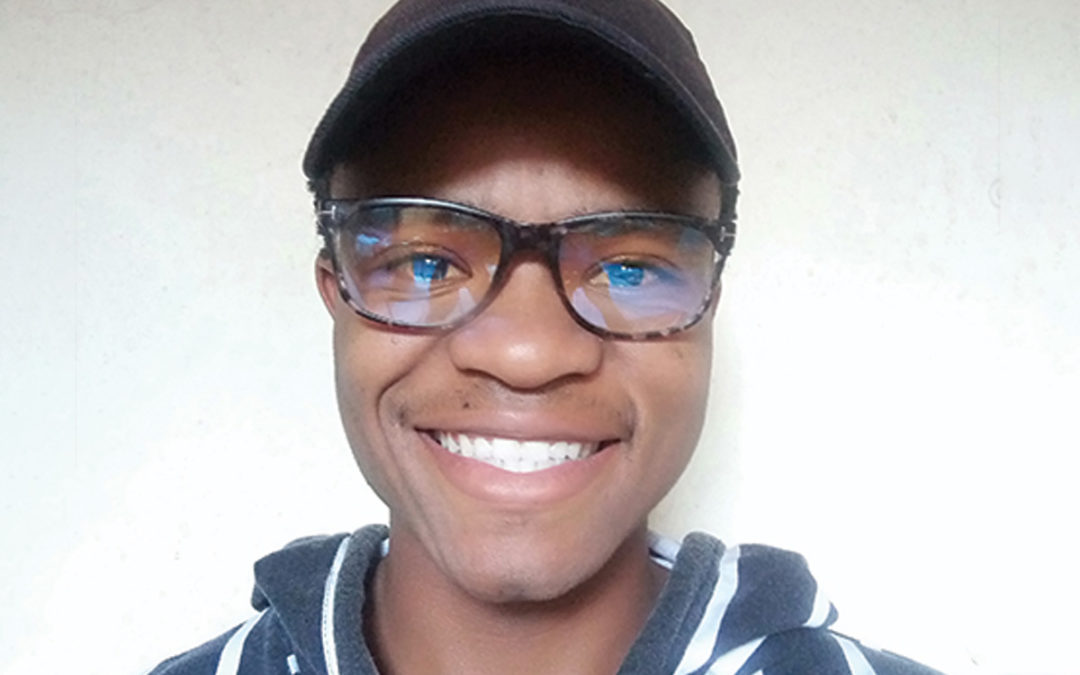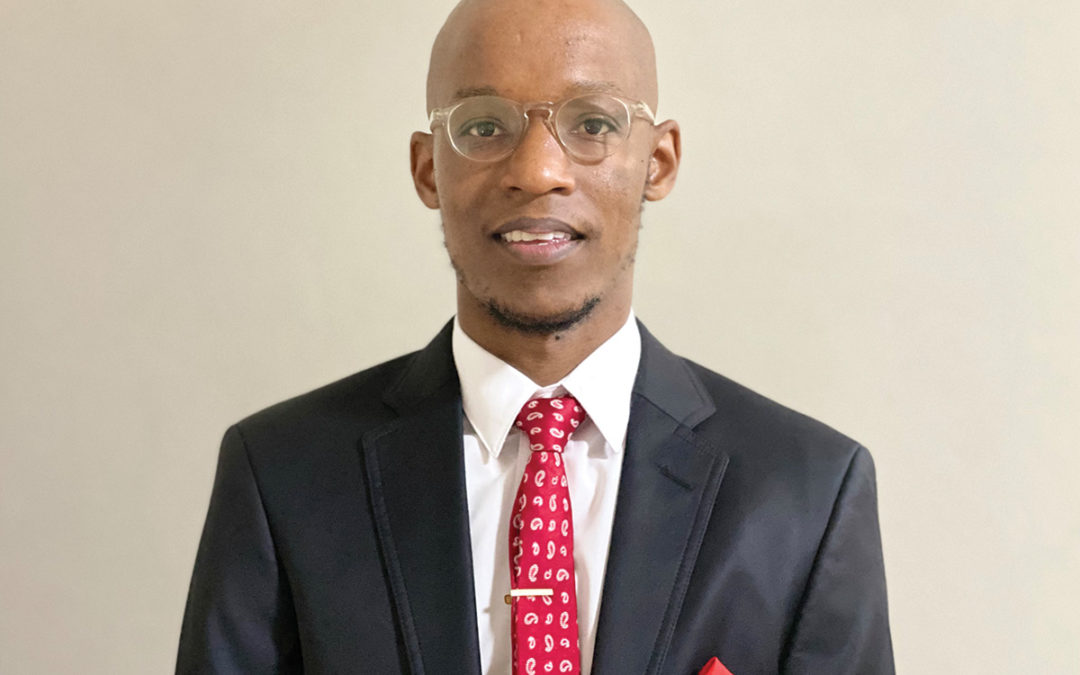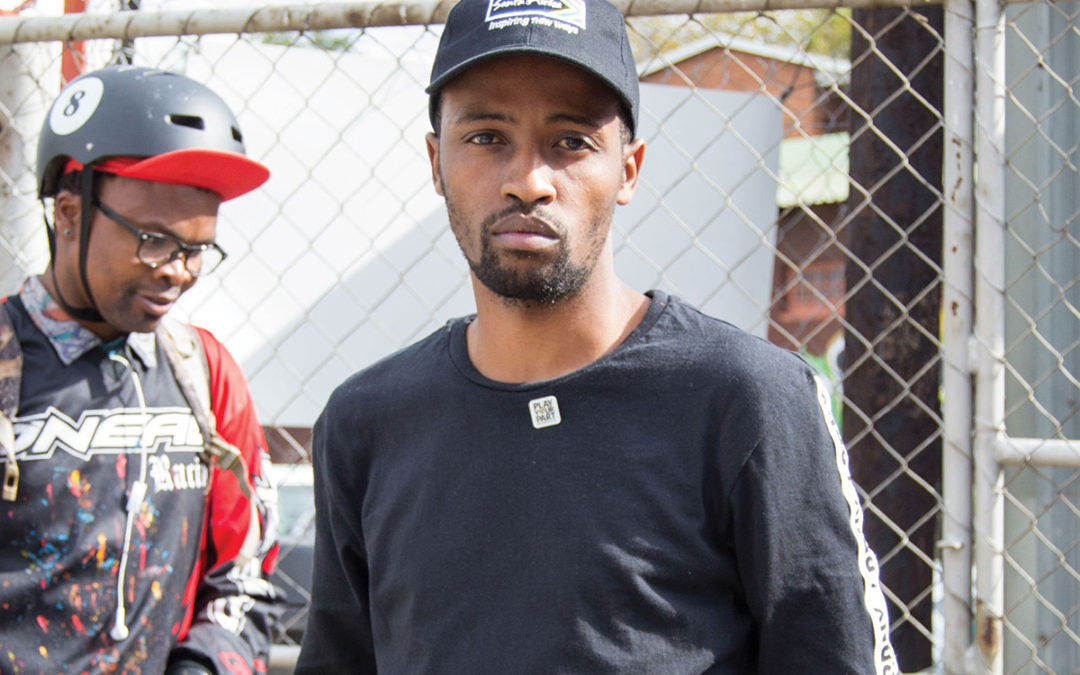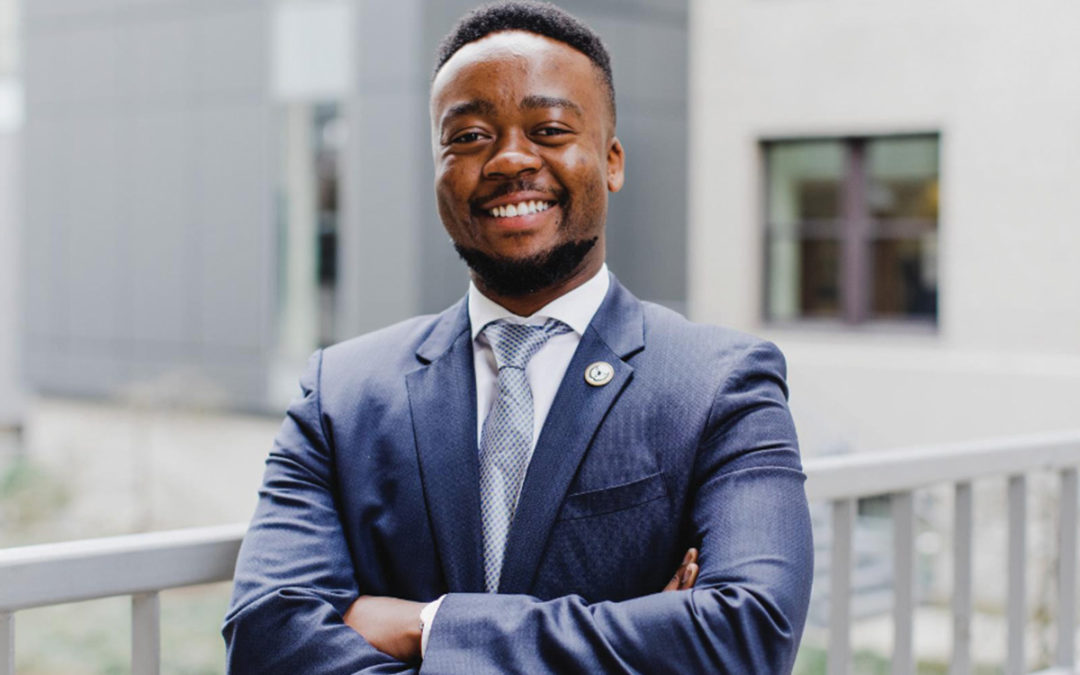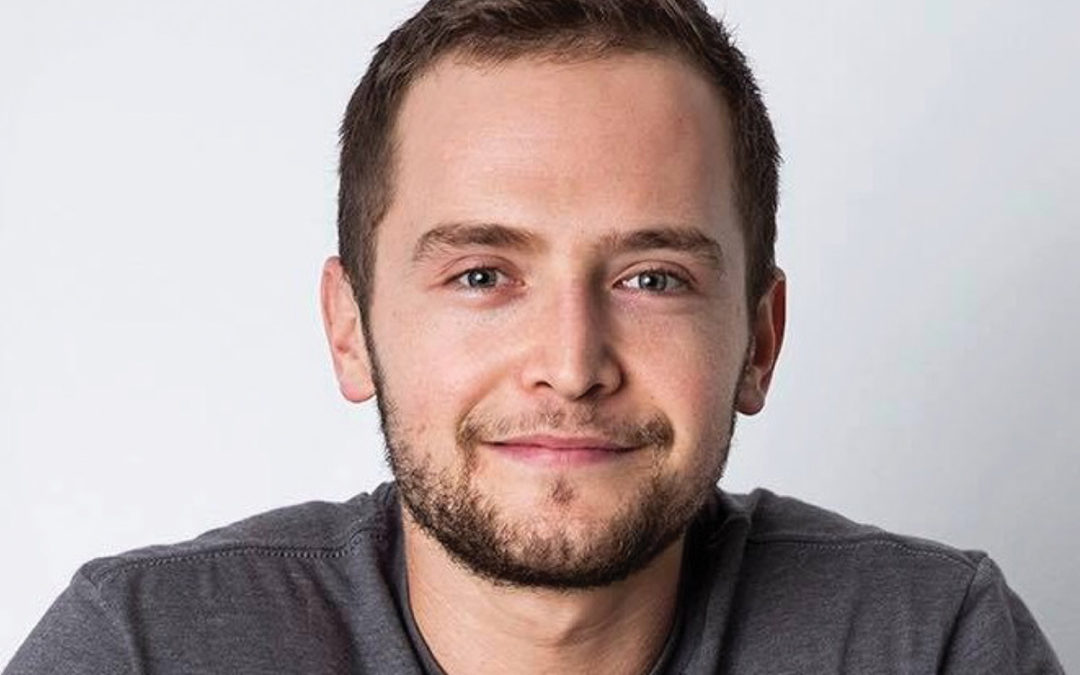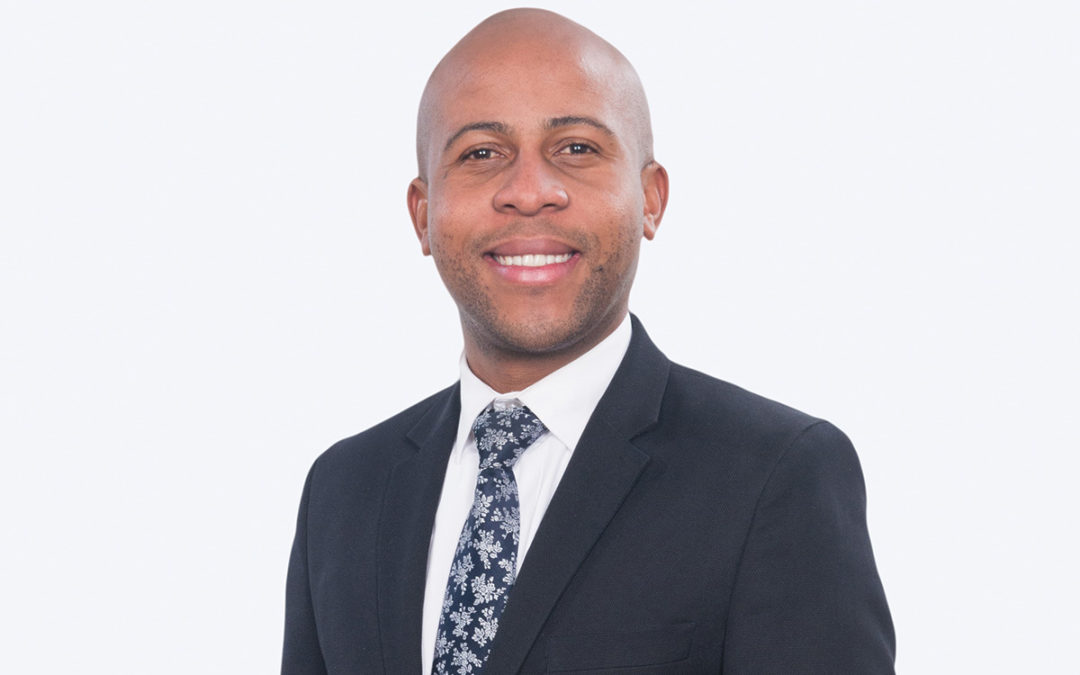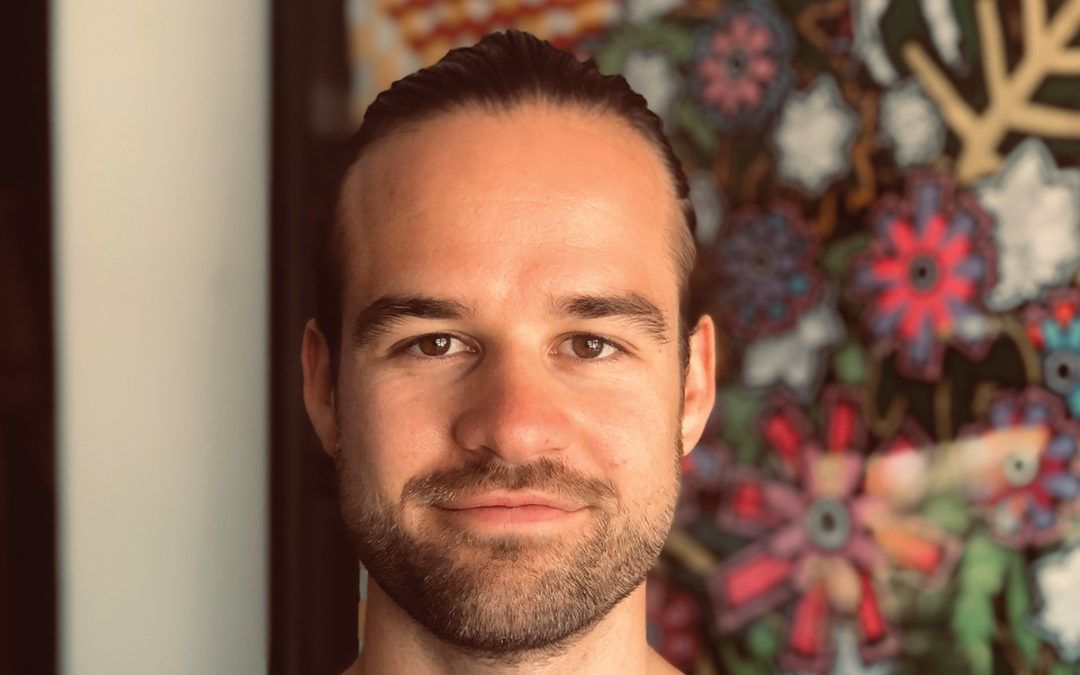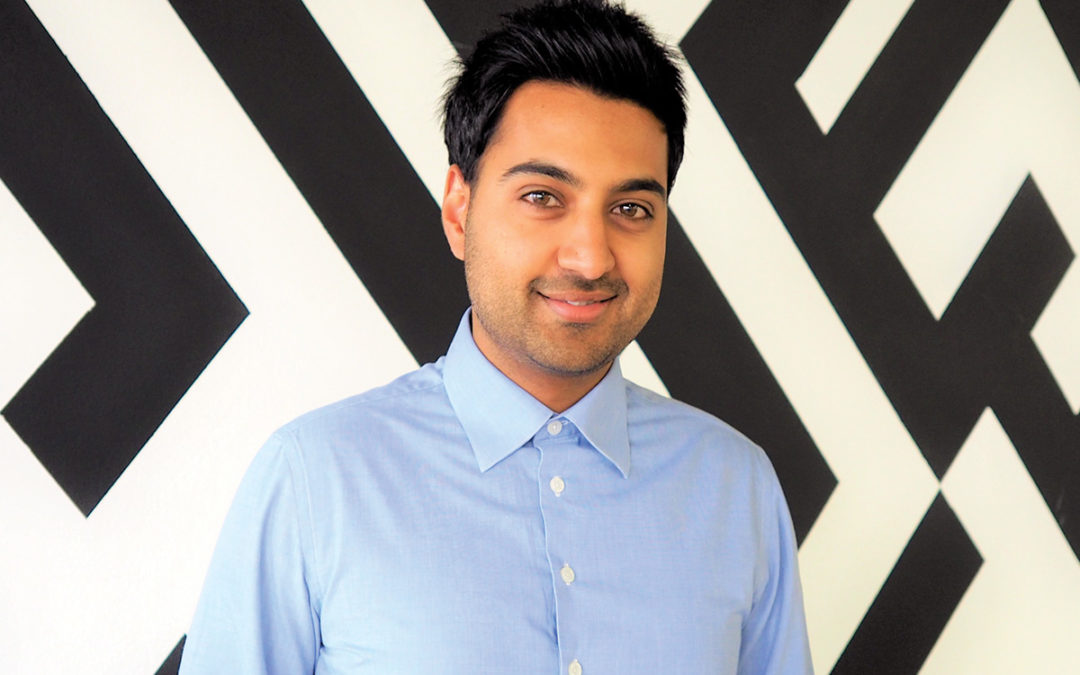As the chief executive and co-founder of ParkUpp, Palesa Moloi has achieved what many of us have dreamed of — a solution for parking chaos.
The service concept is simple — connecting drivers to unused parking spaces in private lots, empty driveways or big corporate garages. But just because the concept is simple, execution is not that easy. And when obstacles arise, innovation follows, as can be seen with ParkUpp now using their services to introduce drive-in cinemas during the Covid-19 pandemic.
Moloi is frank about the difficulties that come up on the path to success.
“Failure is good, very good — as long as you learn from it and use it as a stepping stone to success. Also, our ideas are initially very wrong, so stay long enough in the game to chip away at the things that do not work. Resilience is key.”
This resilience has led Moloi to success in recent years, including contracts with one of the biggest property funds in the country, a trip to Silicon Valley with four other startups and awards from the South African Institute of Black Property Practitioners and the Women’s Property Network.
Moloi says the property industry has been receptive to ParkUpp’s service, with growth in its network — often through clients referring the business to other clients — being pivotal to the success of the company.
Moloi’s long-term goals are big: “My Big Hairy Audacious Goal is to build a globally scalable business. The trips to the US have been for us to build strategic partners on other continents. My desired impact is to build a company that provides opportunities of employment on a global scale while inspiring other young people that they too can aspire to build companies.”

